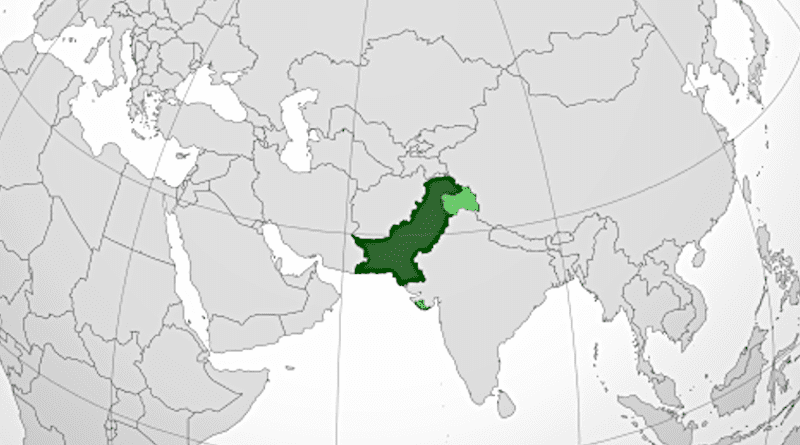The Dilemma Of CTBT – OpEd
In this contemporary world Comprehensive Nuclear-Test Ban Treaty (CTBT) looks like a complete complex document because its signatories took it as test for ratification. It is true that if the treaty is going to be implemented then all the nuclear explosions will be banned forever. No doubt, CTBT is one of the daring steps of disarmament but the signatories are avoiding diplomatically for the sake of their national interest. Many the supporters of this treaty believe that the agenda of the treaty is completely dependent on the good faith if all the signatories show their faith altimetry treaty has the capability to prevent the advancement of nuclear weapons.
After the many meetings and dialogues the five big powers (US, UK, China, Russia and France) conclude with the CTBT on 10th September 1996 under the umbrella of United Nations General Assembly. US President Bill Clinton was the first world prominent leader who signed this treaty and currently there are 182 members of this treaty. The 155 members have ratified while 41 signatures have not ratified the treaty yet. Still the US and China which is laying in the list of big powers are not the part of ratified group.
Former US President Dwight Eisenhower had taken many initiatives for disarmament and proposed treaty during his (1950s), and meanwhile he built up nuclear hoard. He said “failure to successfully clinch a deal was the ‘greatest disappointment’ of his administration”. Similarly the other countries did not sign and ratified because of their internal and external concerns and interests.
The Bush administration wet up against the CTBT but the current US administration were in favour at that time like; Senator John McCain during the speech at congress said that he would, “begin a dialogue with our allies, and with the U.S. Senate, to identify ways we can move forward to limit testing in a verifiable manner that does not undermine the security or viability of our nuclear deterrent. This would include taking another look at the Comprehensive Test Ban Treaty to see what can be done to overcome the shortcomings that prevented it from entering into force.” In that same section Senator Barack Obama and Senator Hillary Clinton gave statements in the favour of CTBT treaty. Currently both are (Obama and Hillary) are at key position of US administration but are unable to get majority for the ratification of CTBT.
It has been observed that all the nations have considered CTBT as a noble act with noble objects. The role of big powers and their activities have frightened the many countries so that they have applied the wait and watch policy. During his presidency Bill Clinton categorically warned congress that: “if it fails to ratify the treaty it would be a signal that the US wants to lead the world away from the cause of non-proliferation”. He proposed that US has the technical capability to save the arsenal and keep an eye on other states but he could not cross the obstacle and congress rejected his suggested legislation. It is perception in the US media that China is capable enough to pose threat of the US on the other hand the Russian nuclear capability can not be denied. It is fact that, if US had ratified treaty and the situation could not more worsen and the different nuclear states would perk up probabilities of non-proliferation.
States like Pakistan and India are of the view that without disarmament, CTBT can not be significant enough to ratify. India openly argues that the treaty sanctifies discrimination between the big powers and the emerging powers. It argues that why US is not ratifying it? Because of her (US) negligence the treaty has lost worth and sprit. While on the other hand Pakistan has made this treaty reliant with the ratification of India. PM Shaukat Aziz said “Pakistan could not unilaterally sign the Non-Proliferation Treaty or the Comprehensive Test Ban Treaty because it neighboured another nuclear state.” For Pakistan, India is a regional threat it does not entertain good relations with any neighbouring states. While, US administration under Clinton and Bush tired a lot to wallop a deal with Pakistan and India on the issue of CTBT but she could not get success.
The object of CTBT is to ban on testing, developing and deploying the new nuclear weapons. The treaty would be expected to bring to an end those states who were about to explore their nuclear devices (at that time Pakistan, India, North Korea and Israel) but it becomes a dilemma. It could not get such progress which was expected because of non seriousness of big powers, which previously developed their programs. Eventually, the treaty itself is an indication of the discrimination and autocratic nature of document in the arena of international affairs.

